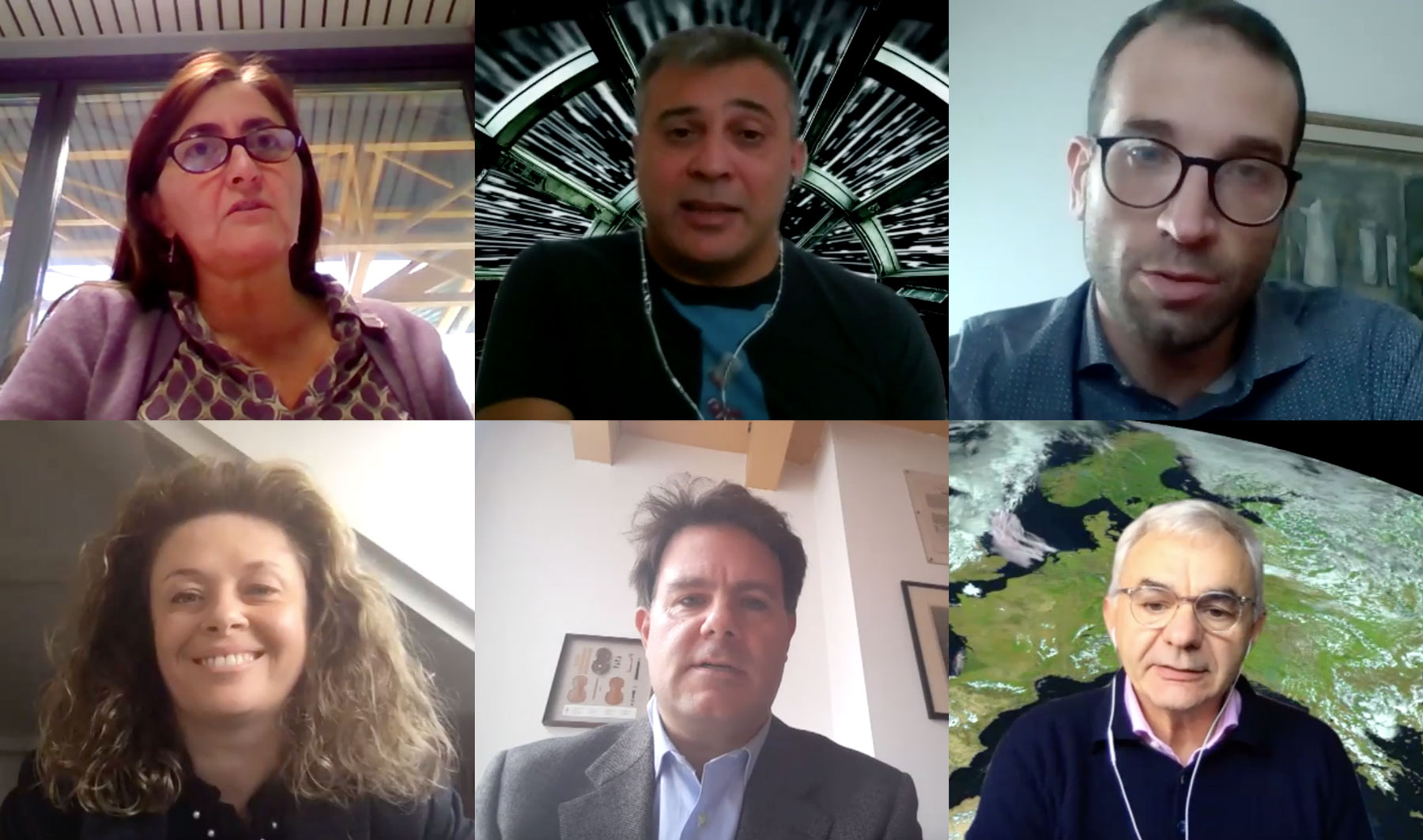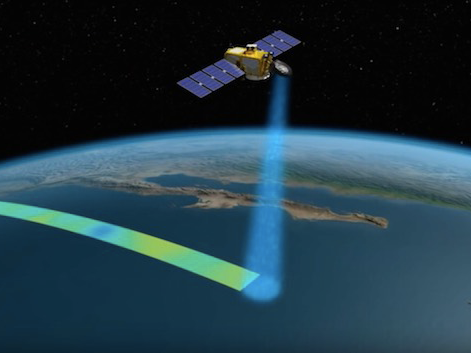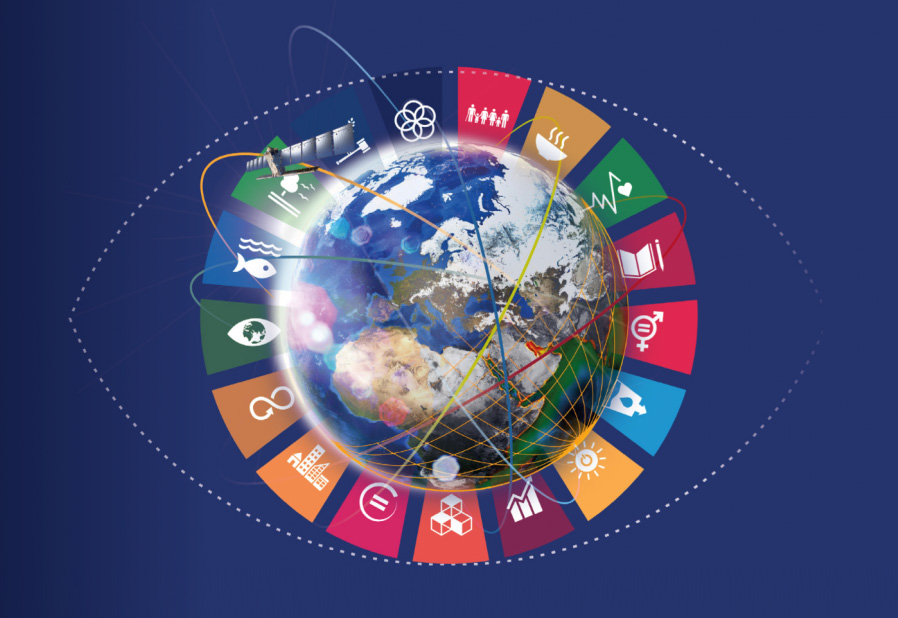NEWS
Space Efficiency and Mobility round table
In 2020, the World Space Week has been dedicated to satellites and their broad benefits under the theme “Satellites improve life.” Following this topic, we created a virtual round table titled “Space Efficiency & Mobility”.
The participants have been:
Anilkumar Dave, Head of Innovation and Technology Transfer at Italian Space Agency
Luca Maresi, Head of Optics Section at European Space Agency, Organizer and Chairman of the Small Satellites, System and Services Symposium (4S)
Davina Maria Di Cara, Electric Propulsion Engineer at European Space Agency
Alessandro Zuccaro Marchi, Optical Engineer at European Space Agency and Organizer of the 4S Symposium
Michèle Lavagna, Professor at Politecnico di Milano – Aerospace Science & Technology Dept.
Francesco Barato, Professor at Università di Padova – Industrial Engineering Dept.
The round table has been moderated by our COO Elena Toson.
“…Satellites can offer high-speed internet access from orbit to billions of people who are currently unserved, so nobody gets left behind. Access to internet means access to information, to knowledge, to education – we have seen during the pandemic the importance of insuring virtual learning to our children – to health – we have seen surgeries performed in distant locations remotely assisted – …” Davina said.
“Another example is what we can do for non-cooperative vessels under the security area. With satellites we can observe these vessels, that are running during the nights without lights. In general, we can either decide to target a factotum payload or develop particular payloads for particular applications as this one”, Alessandro said.
And “How satellites can contribute on life under the water?” Luca focus on this point saying that “We are overfishing our oceans. With satellites we can see what type of vessels are crossing the see, if they are commercial vessels or fishing vessels. So with satellites we can enforce the law to protect our oceans thus changing the impact of human activities with life under the water”.
“In relation with the SDG 17, the partnerships…satellites, even if they are smallsats, are still quite complex as a system and they ask people to collaborate in terms of technology development and implementation as well. So, it’s a domain in which you need the others…we build partnerships and collaborations over the borders”, Michele said.
For Francesco “ every space activity should be self-sustainable and for doing this we need to go where we want, when we want and at an affordable price…Satellites should not interfere one with each other…any different paradigma of access to space will change the way we will do things in space”.
In the second case, we have talked about the possibility to move Nano and Micro satellites and objects in space, optimizing their operations, exploring new orbits, permitting these objects to re-enter in atmosphere in reduced times to leave the orbits cleaned.
“Technologies and innovations are running fast, but what we see is that new technologies and applications are putting in place new business models. Satellites as a commodity, Nespresso models, really living in interesting times! Cool things will come also in the next years!”, Anil said.
Happy to know from our speakers that we are not that far from this vision! Technologies are ready, thus we just need to put them in place!
So, immerse yourself in this incredible Round Table and check out the brilliant responses of our participants in the following video.



